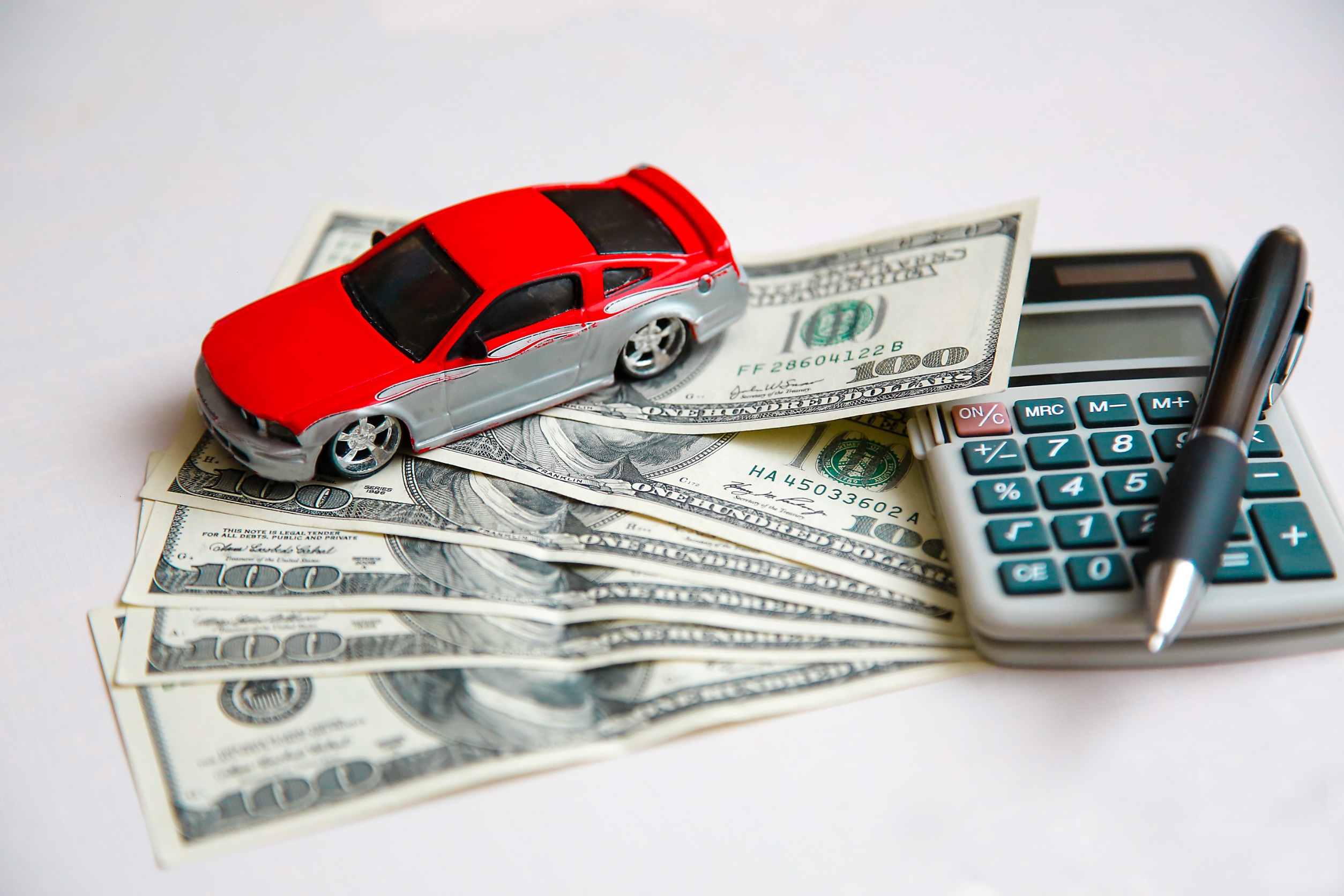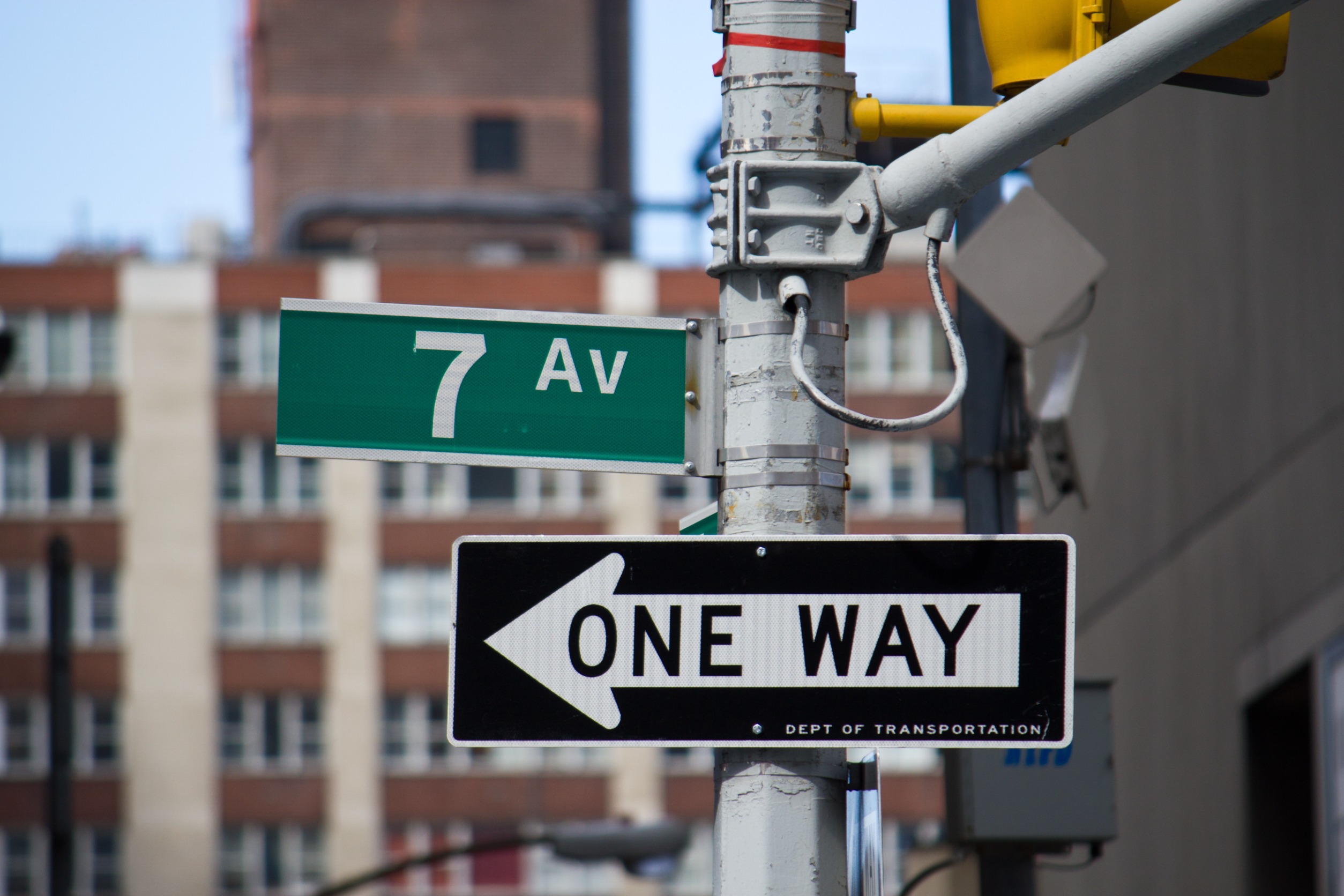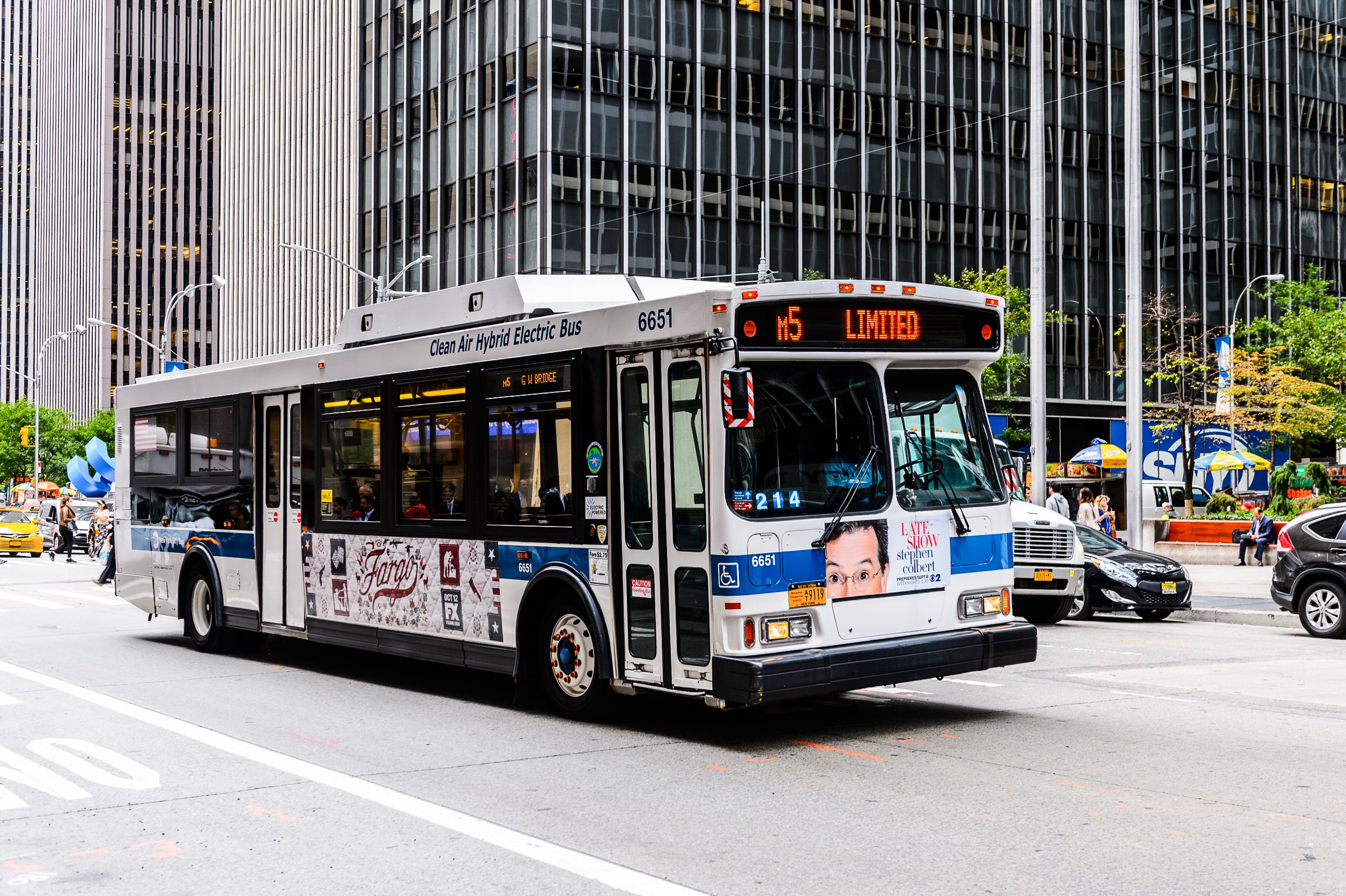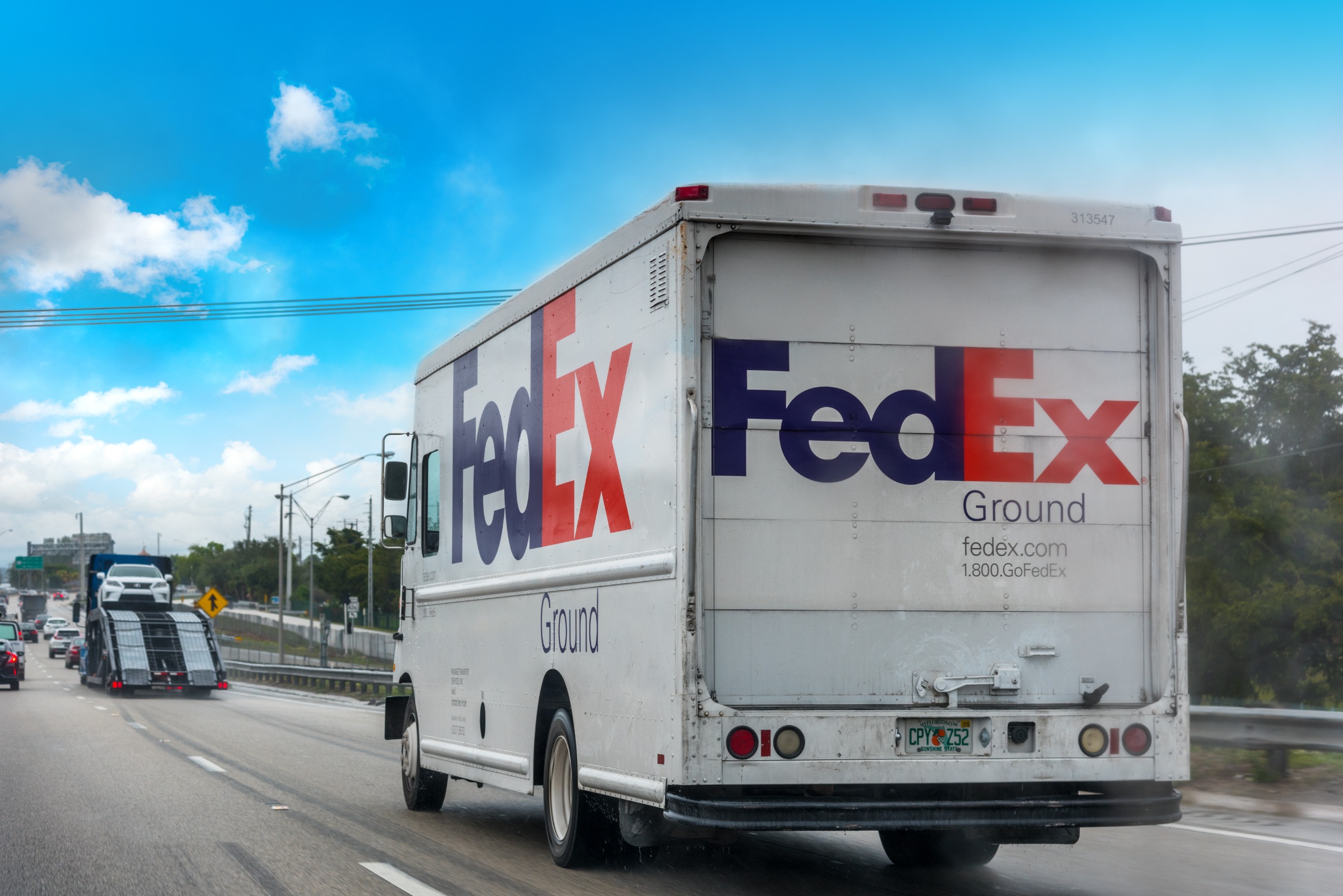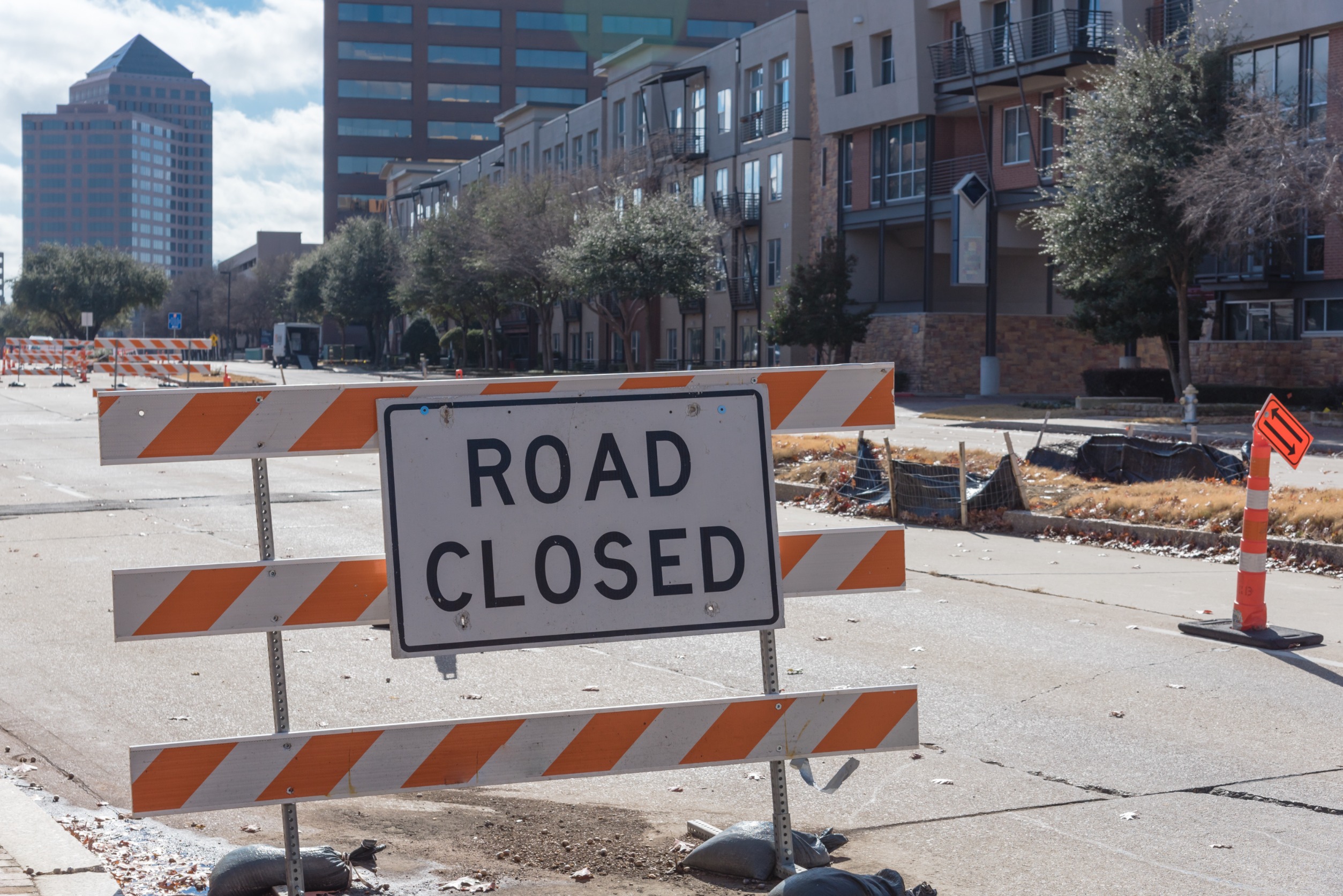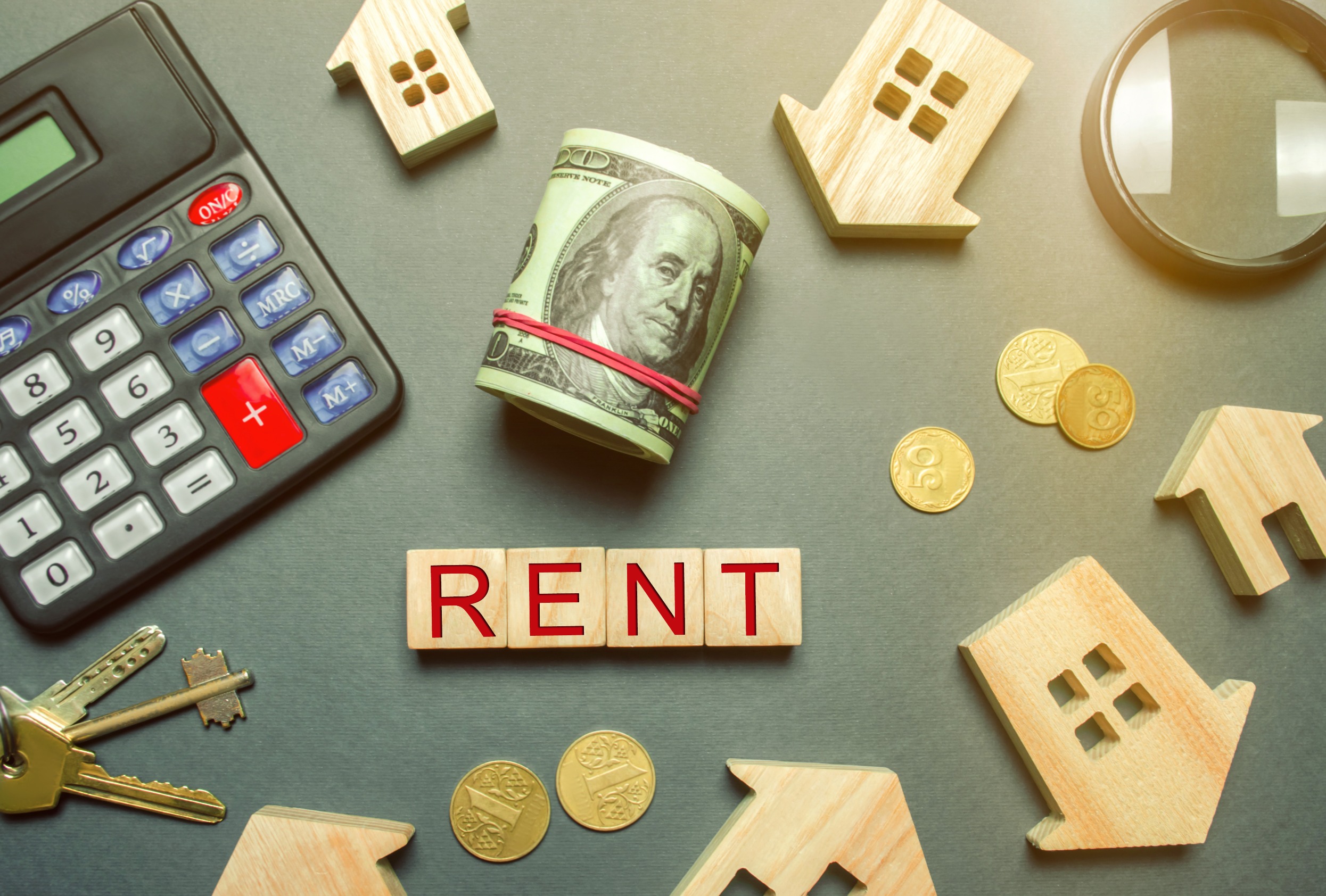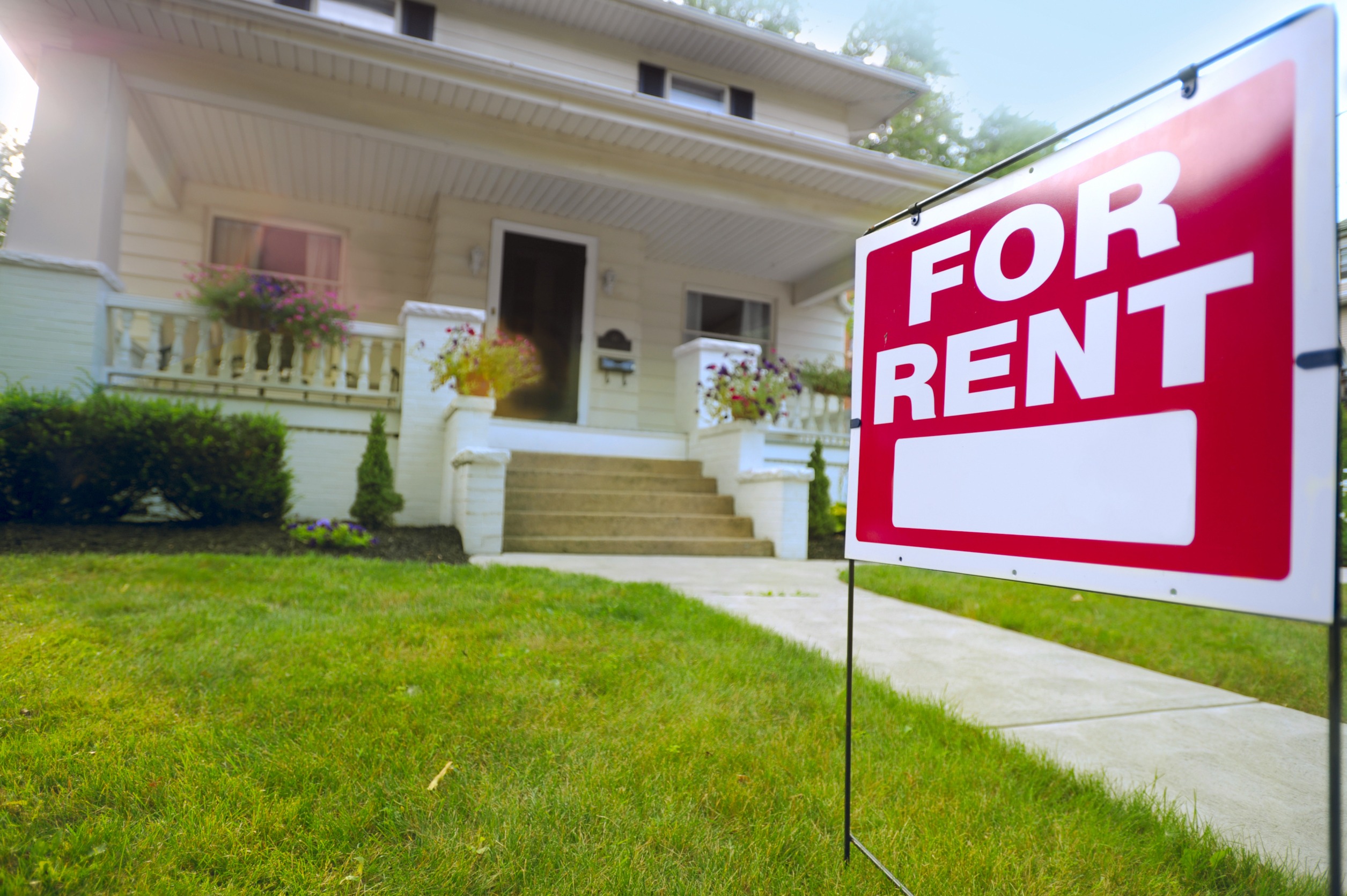Maintaining a car can be expensive, but numerous strategies exist to avoid unnecessary expenses. Many car owners unknowingly spend more than they need to each month on their vehicles. By being proactive and mindful, you can significantly reduce these costs. Here are eight essential tips to help you avoid wasting money on your car every month.
1. Regular Maintenance Checks
Regular maintenance checks can save you a substantial amount of money in the long run. Simple tasks like checking tire pressure, oil levels, and brake conditions can prevent bigger, more expensive problems down the line. Keeping your car in optimal condition ensures better fuel efficiency and reduces the likelihood of breakdowns. Many drivers overlook these basic maintenance tasks, leading to higher repair bills. Schedule routine checks to avoid wasting money on unexpected repairs.
2. Use Quality Parts and Fluids
Investing in quality parts and fluids for your car can prevent frequent breakdowns and extend its lifespan. While cheaper options may seem cost-saving, they often lead to more significant issues and higher expenses over time. High-quality oil, filters, and other essential components ensure your car runs smoothly. Using inferior parts can cause damage to other systems in your vehicle, resulting in costly repairs. Avoid wasting money on repeated fixes by opting for reputable brands and products.
3. Drive Efficiently
Efficient driving habits can drastically reduce fuel consumption and lower monthly expenses. Rapid acceleration and hard braking put extra strain on your vehicle, which elevates costs. Plus, excessive idling wastes fuel, potentially up to ½ gallon per hour. Smooth, steady driving not only improves fuel efficiency but also minimizes wear and tear on your car’s components. Plan your routes to avoid heavy traffic and use cruise control on highways to maintain a constant speed. These minor adjustments can significantly affect fuel costs, helping you avoid wasting money on excessive gas consumption.
4. Shop Around for Insurance
Car insurance can be a significant monthly expense, but shopping around for the best rates can lead to substantial savings. Different insurers offer varying rates based on your driving history, vehicle type, and other factors. Comparing quotes from multiple providers allows you to find the most affordable option. Consider bundling your car insurance with other policies, like home or renters insurance, to receive discounts. Regularly reviewing and adjusting your coverage can ensure you’re not wasting money on overpriced insurance premiums.
5. Avoid Unnecessary Upgrades
While installing the latest gadgets and accessories in your car might be tempting, these upgrades can add up quickly. Many of these enhancements offer little practical benefit and can lead to higher initial costs and maintenance expenses. Focus on necessary repairs and improvements that enhance your vehicle’s performance and safety. Unnecessary upgrades often depreciate and do not provide a good return on investment. Being mindful of your spending on car modifications can prevent you from wasting money on frivolous items.
6. Perform DIY Repairs When Possible
Learning to perform simple DIY repairs can save you a lot of money on labor costs at the mechanic. Tasks like changing the oil, replacing air filters, and swapping out wiper blades are straightforward and require minimal tools. Numerous online resources and tutorials can guide you through these processes. Not only does this save money, but it also gives you a better understanding of your vehicle’s mechanics. Taking on basic maintenance tasks yourself helps you avoid wasting money on professional services for minor issues.
7. Monitor Fuel Prices
Fuel prices vary significantly from station to station, and keeping an eye on these fluctuations can lead to considerable savings. Use apps and websites that track fuel prices in your area to find the cheapest options. Filling up at the right stations can save you a few dollars each time, which adds up over the month. Additionally, consider joining loyalty programs that offer discounts or cashback on fuel purchases. Being strategic about where and when you buy fuel can prevent you from wasting money on unnecessarily high prices.
8. Keep Your Car Clean
Regularly washing and waxing your car can protect its paint and prevent rust, preserving its resale value. A clean car not only looks better but also runs more efficiently, as dirt and grime can affect aerodynamics and engine performance. Interior cleaning prevents wear on seats and controls, maintaining the vehicle’s overall condition. Avoiding costly repairs due to neglect keeps your car in good shape and reduces depreciation. Investing a little time in cleaning can help you avoid wasting money on cosmetic and functional damage over time.
Take Advantage of These Tips to Avoid Wasting Money on Your Car!
By following these tips, you can significantly reduce the amount of money you spend on your car each month. Regular maintenance, efficient driving, and being mindful of your spending on upgrades and insurance are key strategies. Embrace these practices to keep your car running smoothly without draining your wallet. Small changes in how you care for your vehicle can lead to substantial savings and a more enjoyable driving experience.
Read More:
18 Classic Car Features That Have Vanished in Modern Vehicles
Are Electric Cars Worse for the Planet?
Catherine is a tech-savvy writer who has focused on the personal finance space for more than eight years. She has a Bachelor’s in Information Technology and enjoys showcasing how tech can simplify everyday personal finance tasks like budgeting, spending tracking, and planning for the future. Additionally, she’s explored the ins and outs of the world of side hustles and loves to share what she’s learned along the way. When she’s not working, you can find her relaxing at home in the Pacific Northwest with her two cats or enjoying a cup of coffee at her neighborhood cafe.

